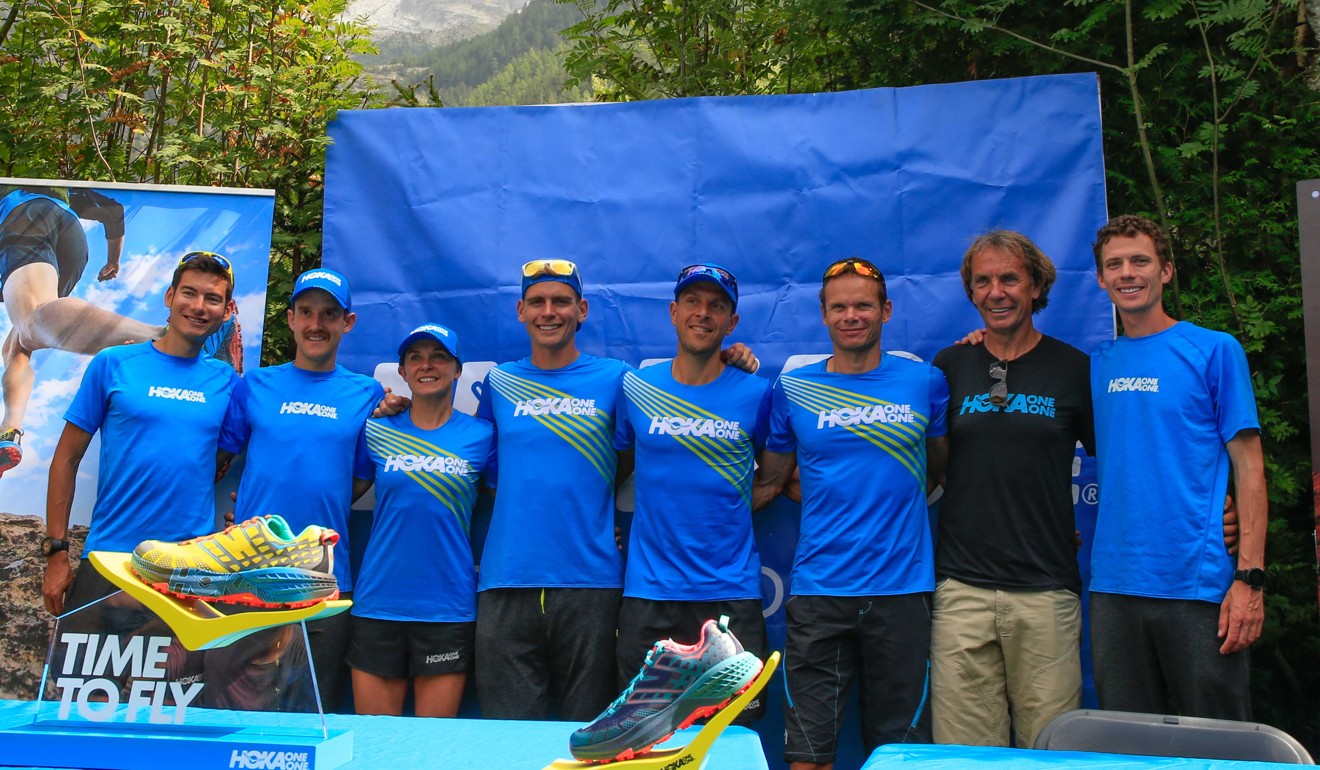
Ultra Trail of Mont Blanc prize money: if athletes get rich it ruins the sport, but it is fine for organisers to rake it in
The UTMB is offering prize money for the first time but they worry that too much will ruin the sport’s value as they continue to rake in a fortune
As trail running grows in popularity, commercial opportunities follow, that is the nature of a popular product. And of course, there are potential problems that result from money, like incentives to cheat.
But when the largest commercial race organisers in the sport said professionalisation of the sport would ruin its values, it got under my skin.
LISTEN: The commercialisation of outdoor sports
The UTMB will be offering modest prize money for the first time this year – €2,000 for the winner, €1,500 for second and €1,000 for third, with money down to 10th – but some athletes have said it is too low for the top event.
Michel Poletti said: “We defend amateur sport and do not support professionalisation of sport through money. Moderate prize money is a fair recognition of the virtuous circle between the athletes and the event, of the exchange of exposure in which both stakeholders participate to make the event a success.”

What he means is not “amateur sport” but amateur athletes, because the UTMB sure is part of the sport and they are making money, not just at home but by selling their brand for big bucks to organisers in China and Oman.
Firstly, what do they mean by values and who are they to decide everyone else’s compass?
It’s a suitably vague description that allows them to sound like the gatekeepers against the evils of capitalism, while simultaneously benefiting financially from the big name runners that stock their start line.
I am not gung-ho for prize money, and most races do not have extra money to offer. I appreciate the nuance of the doping debate. But the holier-than-thou – ‘we are all in it for the fun of it and let’s keep it that way’ – justification does not stick from the organisers of the most commercial race of all. The biggest product in the game have literally called themselves the defenders of amateur sport.

Of course, the top runners are getting a lot from the UTMB, not just the joy of running a well-organised race against some of the best competitors in the world – the atmosphere is electric and the course is amazing.
They are also getting the exposure Poletti talks about, which leads to money-making opportunities.
But by the time you are an invited elite at the UTMB, you shouldn’t be paid in resume points. Imagine another job where the best in the world were still taking unpaid internships to improve their marketability. They would demand a salary in exchange for their work or they’d get another job.
Athletes across the world have not organised themselves so they have no collective ability or representative body able to exert pressure, even if they thought €2,000 for the winner was unfair.
The bottom line is the UTMB do not have to offer sponsorship. They are a business and they want to make money. Their product is so good, the best runners will come for free and their sponsors will pay for them to enter.
And until runners organise, the power will remain in the organisers’ hands so they won’t have to change.

I do not expect the organisers to give money, but I would not be so annoyed if they just said: “No. We are not giving money. We don’t have to, it isn’t the industry norm. It will cut into our profits and people will still come anyway.”
But pretending they are doing it to protect the sport, while telling the rest of us what our amateur values should or should not be, sounds a bit hypercritical coming from one of the few groups getting rich off the trail running boom.

